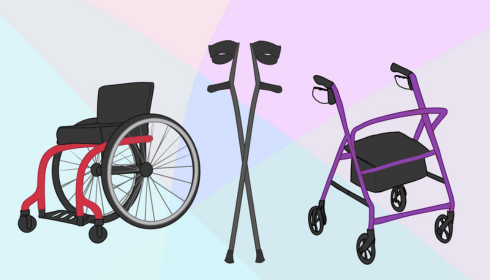
Couples may face various obstacles in in-person therapy, such as scheduling issues, childcare requirements, and stigma. So, telehealth counseling can address these obstacles and improve accessibility.
However, a Couple of therapists are uncertain about how to adapt their current treatment method for remote delivery.
Further, there are often particular worries about managing high-conflict couples or safety issues when using telehealth.
Let’s explore this concept in detail.
What is online couples counseling?
Online couples therapy provides a cost-effective andflexible alternative to traditional in-person counseling. It can be conducted through video sessions, messaging, or voice calls, and creating or modifying appointments is easier.
Married couples can participate in online sessions with licensed therapists through specific websites. These sessions can also be used from anywhere with an internet connection, making them more convenient for couples in different locations.
Benefits of Online Couples Therapy
Improved communication
Couples therapy can enhance the ability to resolve financial disputes, blame feelings, and family conflicts effectively.
You may feel more comfortable.
It’s difficult to enter an unknown place with a stranger and divulge personal information. Being in the secure cocoon of your place may help, even if it’s still a challenging task at home.
It’s convenient
No commute to a therapist’s office can facilitate easier scheduling, particularly for those with conflicting work schedules or children. It’s simpler to stick with anything when it fits in well with your schedule.
Learned skills may translate easily.
Battistin suggests practicing communication skills at home can enhance their practical application and daily accessibility.
Opens the door to long-distance relationship counseling
Online marriage counseling is a good option if you’re in a long-distance relationship and can’t regularly attend traditional treatment sessions.
Alignment of goals
Your partnership can enhance your ability to establish shared goals and priorities, preventing potential strain or conflict.
Maintaining a foundation for healthy behaviors
Together, you and your spouse may discover how to build and preserve a solid foundation that will allow you to talk about difficult subjects and have faith in your ability to create positive behavioral patterns. It can be a component of this foundation that each of you sets aside time for personal self-care.
Potential Drawbacks
Interruptions might occur
Internet connectivity problems, door knocks, children, and other disruptions are more common when using online treatment. If you have children or live with others, you may speak more softly or hesitantly out of concern that someone else might overhear you. The flow of your session can be influenced by various factors.
Sessions might feel less intimate.
Sessions can feel less intimate because you’re speaking with your therapist via a screen, which could make it more challenging to be vulnerable and open.
It’s harder to read body language.
Virtual sessions lack a comprehensive understanding of body language and interaction about in-person behaviors. Although your therapist may be able to interpret some body language through a screen, they may miss certain crucial indications.
Sessions are trickier to control
It can be challenging to maintain the serenity of more erratic couples when the therapist isn’t there physically. However, this hasn’t always happened.



